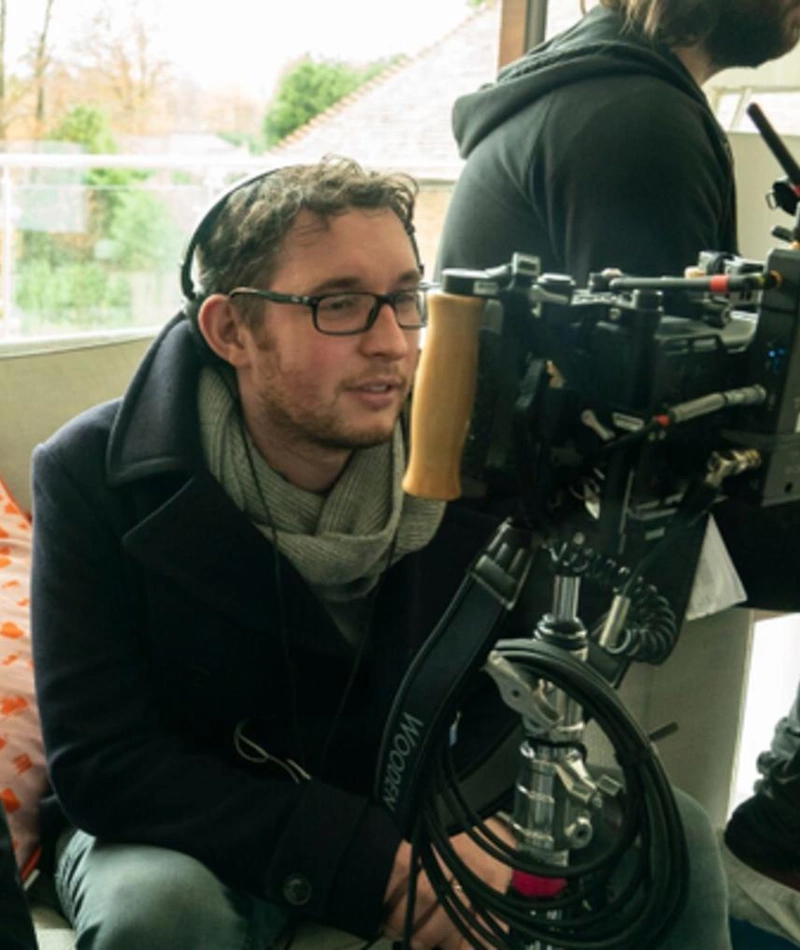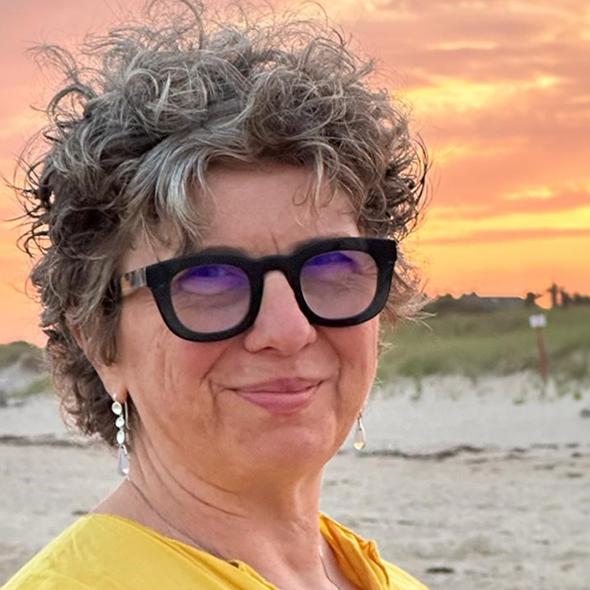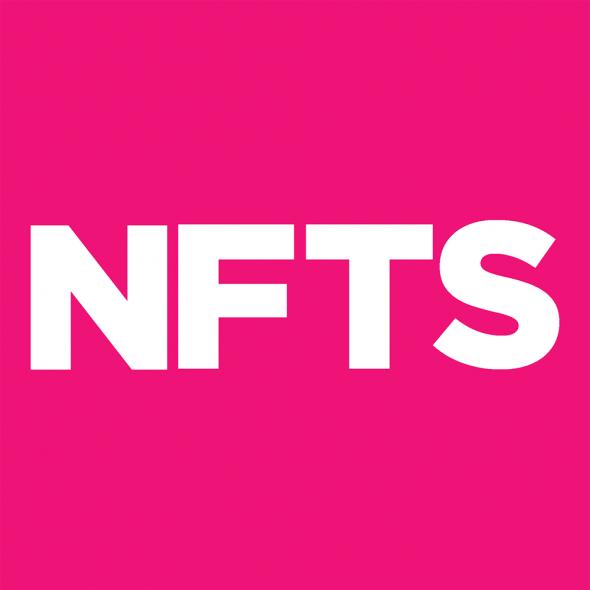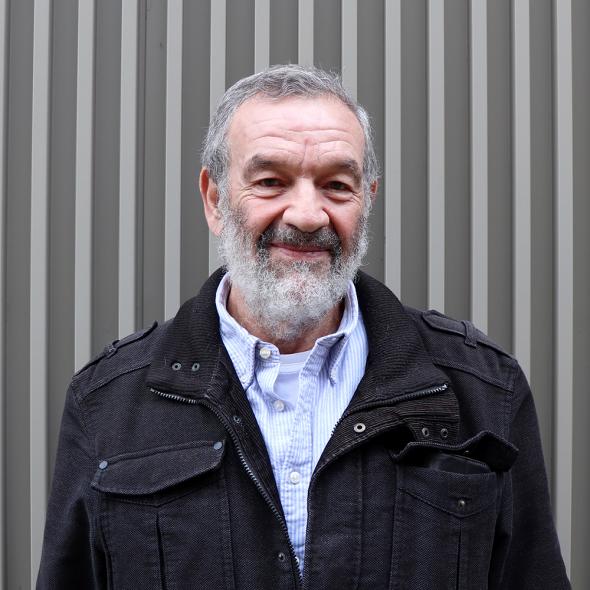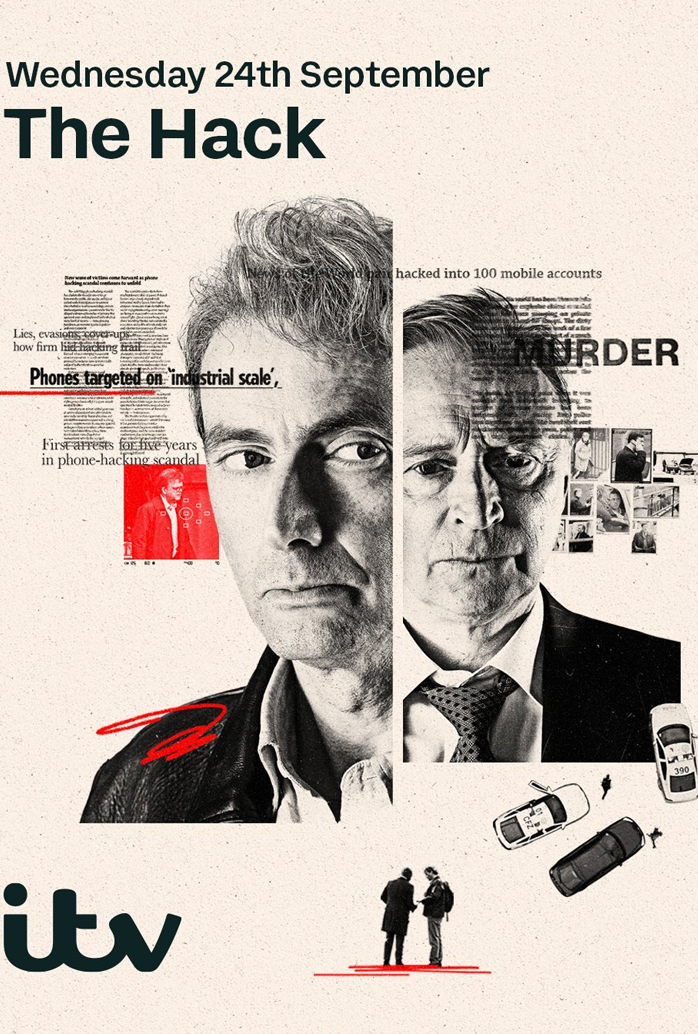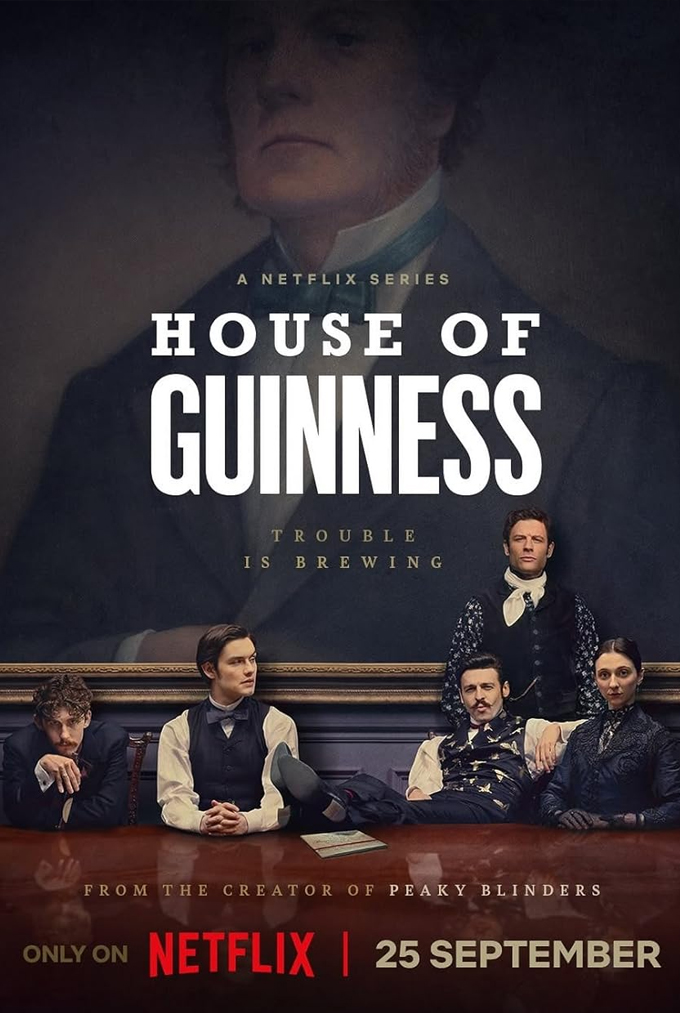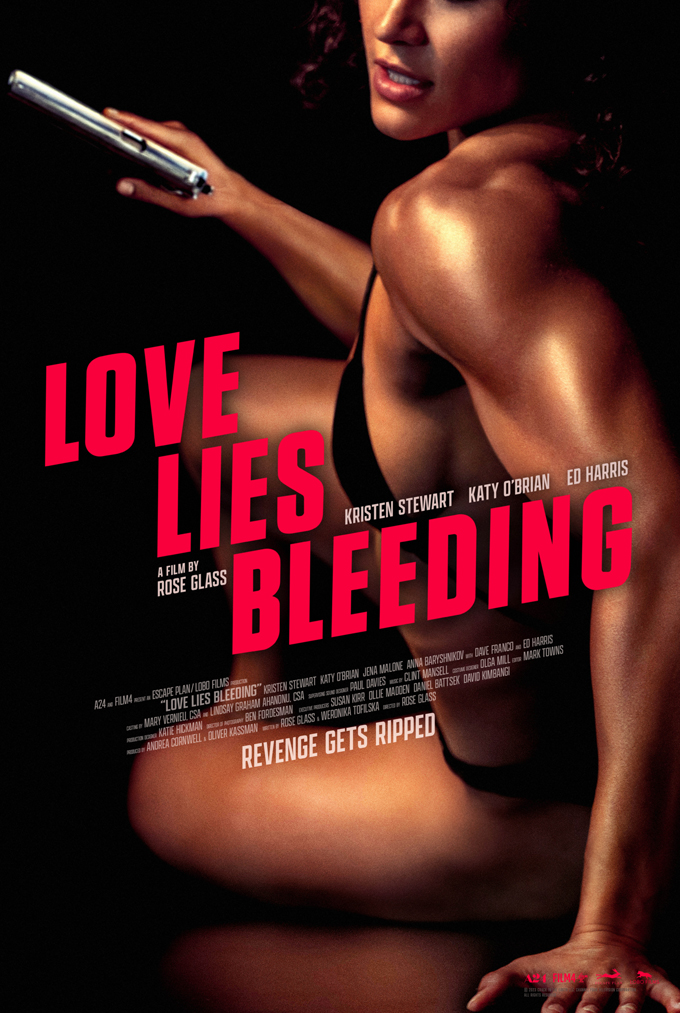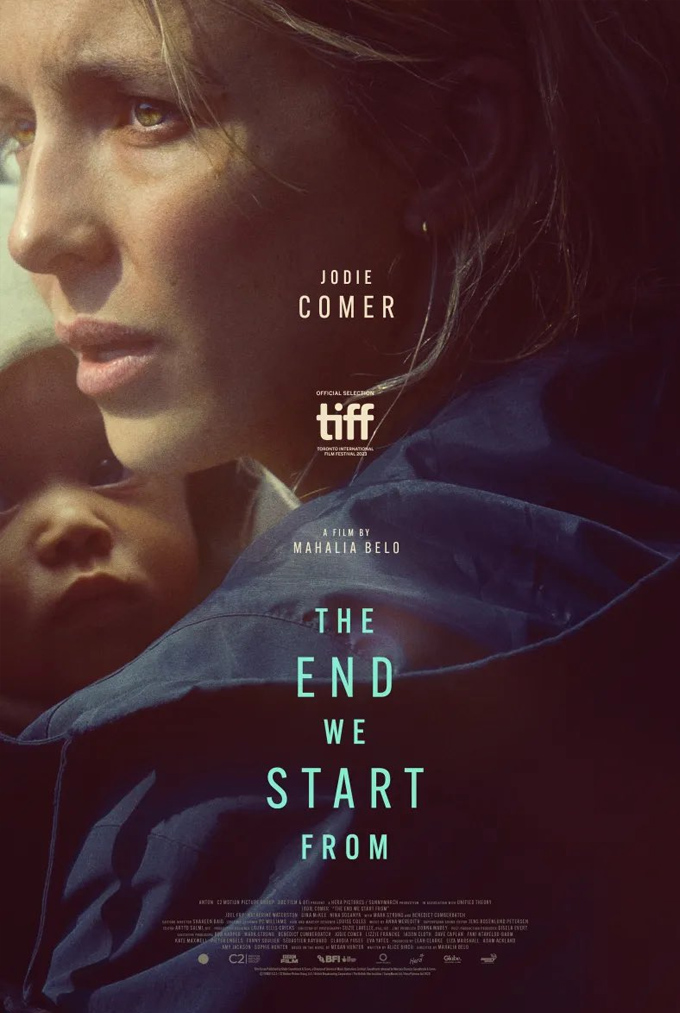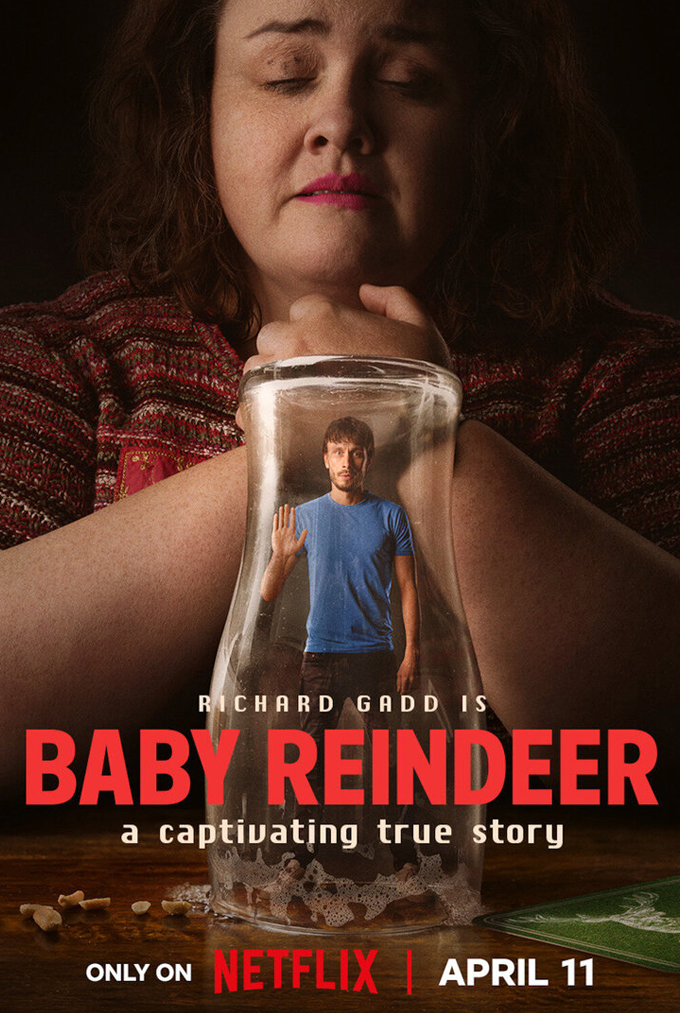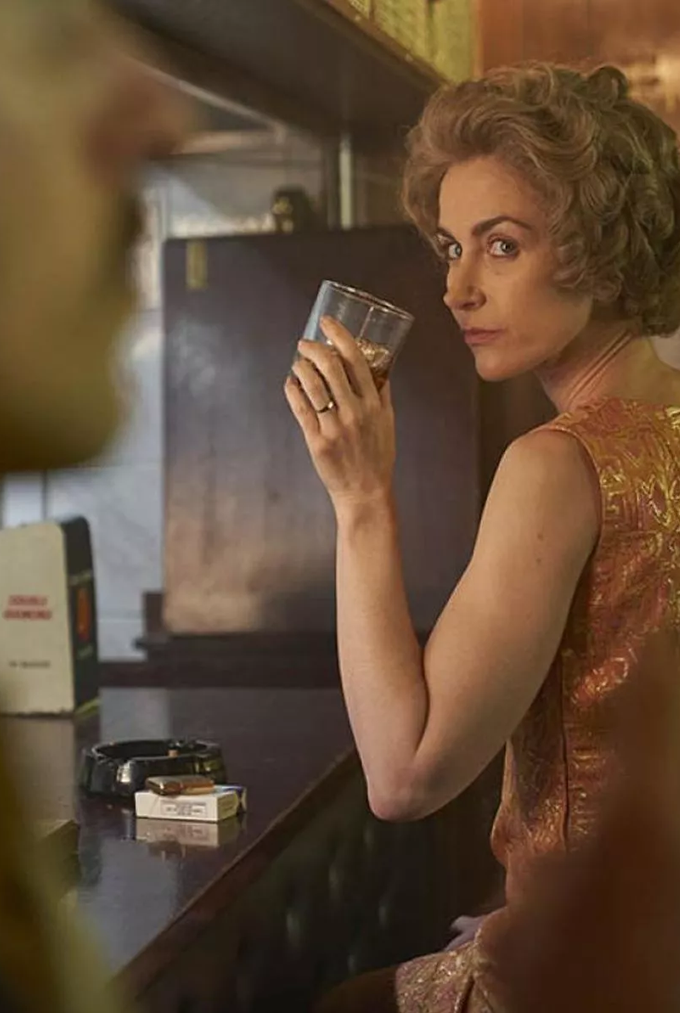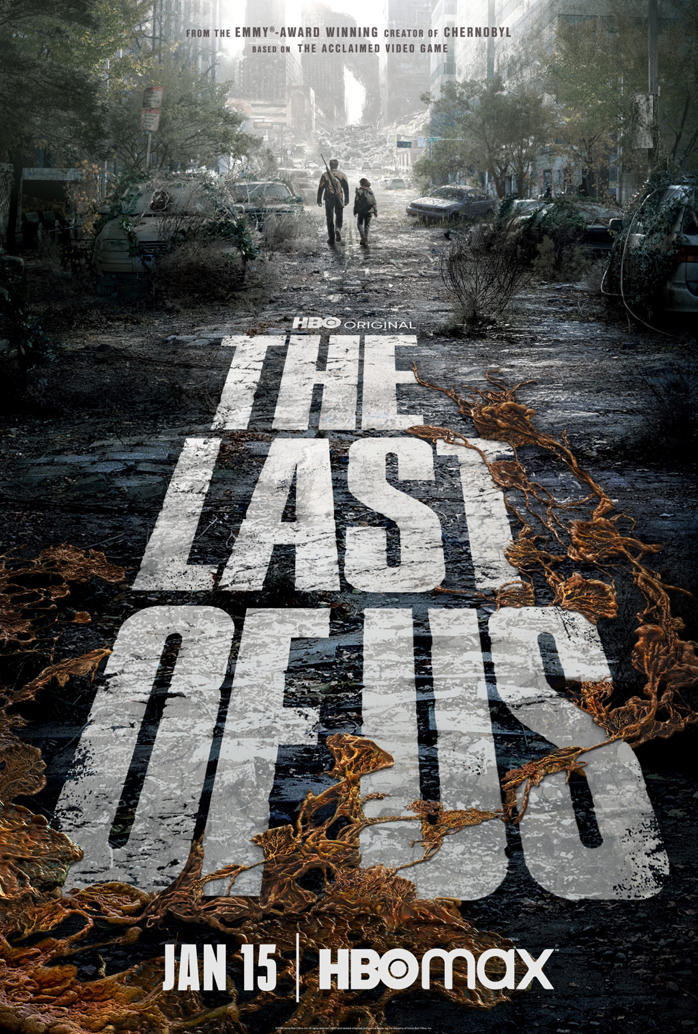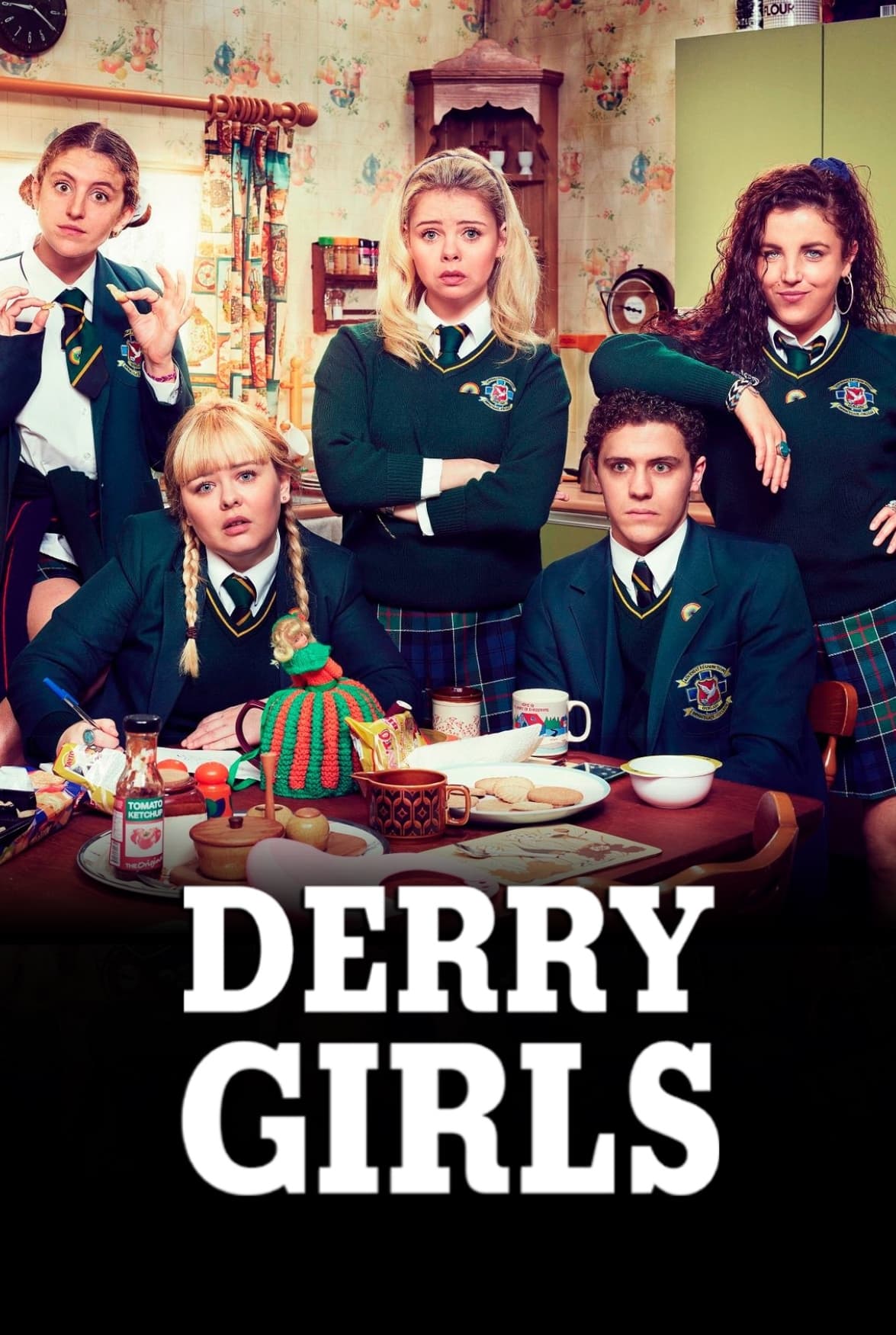COURSE OVERVIEW
Make high quality films and develop your own distinctive voice.
Learn from top Industry professionals, collaborate with other students and create high quality films in our on-site studios or on location. This highly practical course gives you the opportunity to learn and grow in a unique environment, where all production costs are covered by the School.
Content Tabs
Collaborate with students across the School as you make several films and work on practical projects, putting into practice the skills you learn throughout the course, with all production costs covered by the School.
The essence of this course is the practical experience of filmmaking, combined with a wide-ranging series of workshops emphasising performance, mise-en-scène and exploring how narrative works in cinema and in television.
COURSE FACILITIES
Unlike at other UK film schools, as an NFTS student you’ll have access to our purpose-built industry standard film stages and television studios as well as professional standard production and post-production facilities. There are also 2 cinemas which are used for rushes and screenings. We have everything you’ll need as a student to bring your work to life.
This two year course allows you to add depth and understanding to your abilities, whilst regularly producing work. This is an environment where you will be both challenged and supported by staff and fellow students. Our tutor to student ratio is high, which allows the teaching to be tailored to the needs of the individual director.
The course includes weekly sessions on film and television culture, both contemporary and historical, and opportunities to learn from the work of more established directors through Masterclasses and set visits. It also includes insights with other disciplines, ranging from visual art, literature and architecture to installation and performance art.
You will also complete a dissertation/research project. This should relate to your own work and practice as a director – help articulate your sense of cinema, what you love or what you reject – to enable you to think about how you might wish to develop as a filmmaker. It will be supported by tutors at every stage, and you will be guided in your choice of subject and approach.
Students come from a wide range of backgrounds: you may be an independent filmmaker, you might have a degree or you may have experience of working in the industry.
While many applicants will have a degree from a British or overseas university, we will consider applicants who do not have a degree if they have an impressive portfolio, a creative track record or an alternative qualification.
If your application is successful and you are offered a place, we will ask you to attend a 4-week Foundation Course which is run uniquely for the Fiction Directors. The Foundation course is not part of the selection process, but an integral part of your teaching which then leads into the 2-year MFA course, running from January to December.
The Foundation course usually happens mid-October to early November (4 weeks). Dates may vary slightly, but will be announced with your offer of place.
Please allow time and allocate funds for travel and accommodation to attend the Foundation course.
International students Visa and English language requirements
If you have any questions, please email info@nfts.co.uk.
The following item(s) should accompany your online application:
- A short film(s) (up to 3 films can be submitted), which you have solely directed. Please submit your work via a Vimeo link. Your film(s) will be viewed by a panel of professionals. The panel guarantee to watch 15 minutes of your submission. If you submit a film which is longer than 15 minutes, the panel will only commit to watching 15 minutes of it - you may specify which continuous 15 minutes you would like them to view. You may also submit a film that is less than 15 minutes. If you are submitting multiple films, please specify which sections should be watched, amounting to 15 minutes in total. The technical quality of the work submitted is not a priority in assessment. (If dialogue is not in English and the film does not have English subtitles please email a dialogue transcript in English).
- A treatment for an original film or video project of no more than 2 sides of A4 paper, typed and double spaced. This should not be a treatment for the same project as submitted above. It should be a treatment for either a short film or a feature length project. This treatment should include the basic situation, the characters and other elements, the main thrust of the story as it changes from beginning, through middle, to end. A brief logline should also be submitted on a separate page.
Applications will close at 23:59 on the day of the deadline, shown at the top of this page.
Funding Available
The NFTS awards more scholarships and bursaries to British students, relative to the size of our student body, than almost any other educational institution in the UK. If you’re successful at gaining a place on the course, you will be contacted by our funding team with details on how to apply for one of these scholarships.
Upcoming Events
Tutors
Student Showcase
Jellyfish and Lobster (trailer)
2023 graduation film
Director/Writer - Yasmin Afifi
Producer - Elizabeth Rufai
Cinematographer - Linda Wu
Two residents of a care home form an unlikely relationship while struggling to come to terms with the inevitability of their impending end of life.
Winner of the British Short Film BAFTA 2024, and the Audience Award at Encounters Film Festival
Trouble (trailer)
2024 graduation film
Director/Co-Writer - Sarah Blok
Producer - Arpita Ashok
Cinematographer - Owen Cant
Trouble explores the intricate dynamics between two brothers in their early twenties, as they attempt to navigate their divorced parents’ shortcomings when Mum shows up uninvited to Dad’s birthday.
Student Academy Awards finalist, 2024
Tremolo (trailer)
2022 graduation film
Director/Writer - Jade Li
Producer - Thijme Grol
Cinematographer - Martyna Jakimowska
A young Chinese violinist battles with a tremble in her right hand that resurfaces during her first week as a soloist for a prestigious British orchestra.
The Leper (trailer)
2022 graduation film
Director - Hugh Mulhern
Producer - Alexander Handschuh
Co-Screenwriter - Levi Scott
Cinematographer - Andri Haraldsson
The Leper is a comedy drama about Frankie, a paparazzo reflecting on the encounter that made him question his career.
Brutal (trailer)
2022 graduation film
Director/Writer - Jordan Chandler
Producer - Richard Priseman
Cinematographer - Estefania Carpio
Brutal is a surrealist, psychological thriller that focuses on a young mother named Maya. Set in a bleak, menacing, nightmarish towerblock, Brutal addresses the consequences of systematic societal shame brought upon women who are faced with the decision of bringing an unwanted child into the world.
Requiem (trailer)
2021 graduation film
Director - Emma J. Gilbertson
Producer - Michelle Brøndum
Screenwriter - Laura Jayne Tunbridge
Cinematographer - Joseph Guy
Requiem is set in 1605, against the backdrop of the witch trials. It follows Evelyn as she engages in a game of cat and mouse against her father, Minister Gilbert, in order to be with Mary, the woman she loves.

